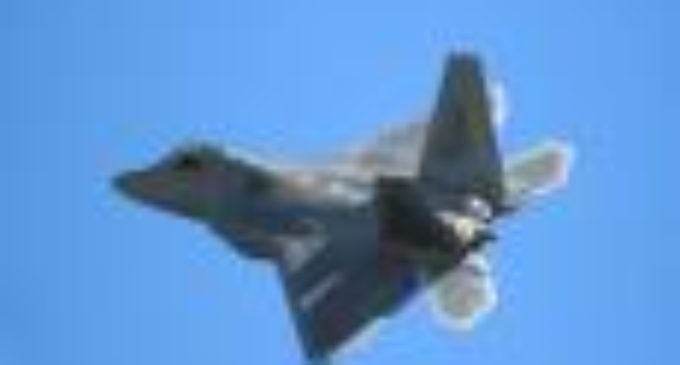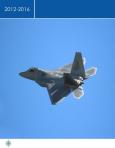Aerospace Fasteners Market at 7% CAGR by 2020

FEATURE
Aerospace Fasteners Market at 7% CAGR by 2020
Market research analysts expect the global aerospace fasteners market to grow steadily during the forecast period, posting a CAGR of more than 7%.
“Growing demand for air travel worldwide has resulted in an increased demand for commercial aircraft fleet, which is a major driver stimulating the growth of the aerospace fasteners market globally,” according to “Global Aerospace Fasteners Market 2016-2020.” “Many countries are investing in the acquisition of military planes, helicopters, and transport aircraft.”
Aerospace fastener manufacturers are increasingly focused on such emerging regions as Mexico, Brazil, India, and North Africa because of their high demand for aircraft.
“This offers opportunities for third-party companies to collaborate with OEMs and open MRO service centers in these regions,” the report concluded.
With a market share of more than 59%, the commercial aerospace segment held the largest share of the global aerospace fasteners market in 2015. The commercial aerospace market is predicted to reach approximately $5 billion in revenue and will continue its dominance until 2020.
Geographically, the Americas dominate the aerospace fasteners market with many investments contributing to its growth.
“The mergers of major airlines in the U.S. is one of the main reasons driving the growth of the market as these airlines are investing in advanced technology and upgrading fasteners to enhance their flight safety and operations, thus having a positive impact on the market.”
The market is likely to witness a growing trend of local acquisitions by larger companies, since mergers and acquisitions, coupled with increased collaboration with alliance partners worldwide, will drive the market during the forecast period.
“Such acquisitions will augment the position of the company in the market and facilitate direct access to local customers. Providing cost-effective and high-quality aerospace fasteners with the latest technology and materials is another key factor to stay competitive in the market.”
Commenting on the report, an analyst from TechNavios said:
“The Russian technology office of Airbus has developed a new software to assist in visualizing the manufacturing process during aircraft assembly. This software, known as assembly simulation of reliable processes (ASRP5), was installed in the Airbus manufacturing chain in 2015. The software allows stress experts and assembly line engineers to analyze and visualize the assembly process, optimizing the use of fasteners to avoid stress. This will enhance the production rates of single-aisle and wide-body aircraft by decreasing the time needed for complex joining processes during aircraft assembly.”
According to the report, many companies have started developing innovative cabin interior products to cater to the growing demand for air travel. These products have made air travel more convenient and comfortable for passengers. Some examples are interactive windows, wireless in-flight entertainment and connectivity (IFEC), lightweight seats, and customized cabins.
Further, the report states that products used in the interior of an aircraft cabin are designed and manufactured based on the requirements of specific aircraft. Aircraft technicians find it challenging to implement changes in aircraft interiors as the technology they use will soon become obsolete. The upgrading of fasteners becomes necessary to comply with airplane requirements.
Prominent vendors in the market include 3V Fasteners, Alcoa Fastening Systems & Rings, B&B Specialties, KLX, LISI Aerospace, CDP Fastener Group, National Aerospace Fasteners, Stanley Aerospace Fastening, TFI Aerospace, and Wesco Aircraft Holdings.
The 63-page report is published by TechNavio and costs $2,500. Web: researchandmarkets.com
Related Stories:
• Aerospace and Auto Fastener Segment Sales Rise




There are no comments at the moment, do you want to add one?
Write a comment